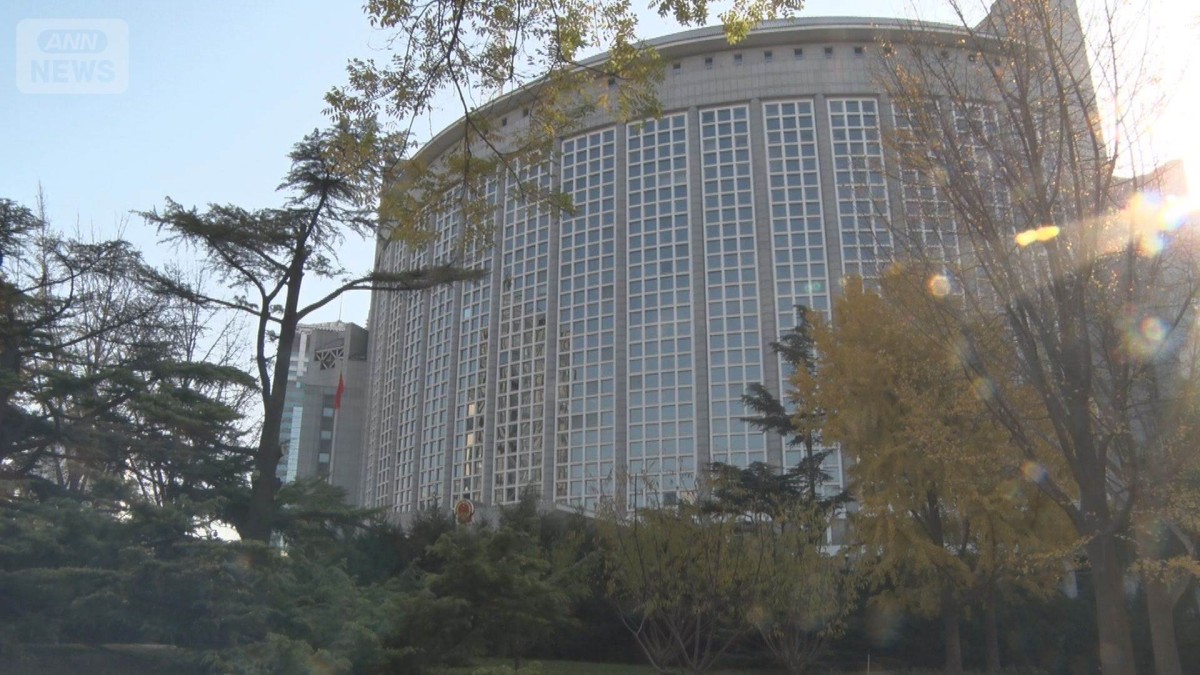Fears are rising within China following the issuance of a travel advisory against trips to Japan. The nature of these concerns is not immediately clear from the headline alone but is likely connected to either public health or safety issues, recent diplomatic tensions, or restrictions related to Covid-19. In such a case, it is critical to consider the impacts on inbound tourism to Japan, the possible reasons behind this advisory, and future implications for Sino-Japanese relations.
In Japan, such advisories hold substantial weight due to the importance of tourism to the nation's economy, particularly from China which contributes a significant portion of foreign visitors. Additionally, such warnings could reflect underlying political tensions between Japan and China. Understanding and mitigating these anxieties is crucial for maintaining international relations, public safety, and economic stability.
In the US and EU, travel advisories similarly have a significant effect. They provoke public concerns over safety, political relations and economic impact, particularly in areas where tourism is a substantial contributor to the local economy. Policymakers often carefully deliberate before issuing such directives to strategically minimize the potential negative ramifications.

